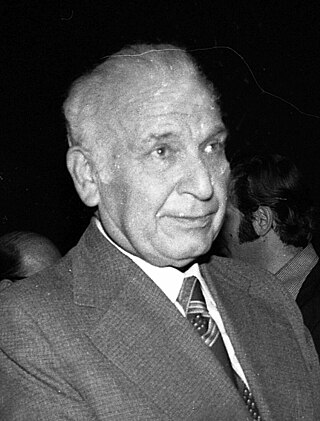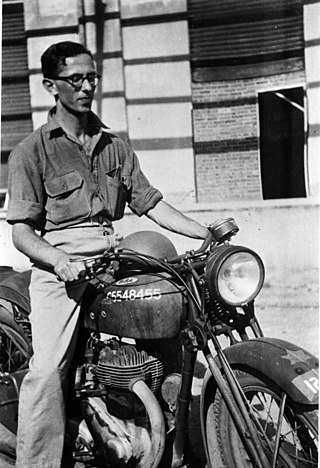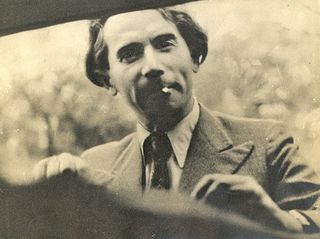
The Hebrew University of Jerusalem is a public research university based in Jerusalem, Israel. Co-founded by Albert Einstein and Chaim Weizmann in July 1918, the public university officially opened in April 1925. It is the second-oldest Israeli university, having been founded 30 years before the establishment of the State of Israel but six years after the older Technion university. The HUJI has three campuses in Jerusalem and one in Rehovot. The world's largest library for Jewish studies—the National Library of Israel—is located on its Edmond J. Safra campus in the Givat Ram neighbourhood of Jerusalem.

Rehovot is a city in the Central District of Israel, about 20 kilometers south of Tel Aviv. In 2021 it had a population of 147,878.

The Weizmann Institute of Science is a public research university in Rehovot, Israel, established in 1934, 14 years before the State of Israel. It differs from other Israeli universities in that it offers postgraduate-only degrees in the natural and exact sciences.

Ephraim Katzir was an Israeli biophysicist and Labor Party politician. He was the fourth President of Israel from 1973 until 1978.

Shalhevet Freier was an Israeli physicist and administrator.
Michael Szwarc was a British and American polymer chemist who discovered and studied ionic living polymerization.

Ernst David Bergmann was an Israeli nuclear scientist and chemist. He is often considered the father of the Israeli nuclear program.

Harry Zvi Tabor was an Israeli physicist. He is known as the father of Israeli solar energy. He is generally credited with having brought Israel's solar energy program to international prominence.
David Milstein is an Israeli chemist studying homogeneous catalysis.

Benjamin Marcus Bloch (Hebrew: בנימין מרכוס בלוך, was an Israeli physicist, known mainly for his work at the Weizmann Institute of Science.

Shneior Lifson, was an Israeli chemical physicist, scientific director of the Weizmann Institute of Science, a founder of the Open University of Israel, and laureate of the 1969 Israel Prize in the life sciences. Lifson is best known for his consistent force field method, one of the major theories behind 3-D computer modeling of large molecules.
Israel Dostrovsky was a Ukrainian-born Israeli physical chemist, fifth president of the Weizmann Institute of Science, laureate of the 1995 Israel Prize in the exact sciences.

David Ginsburg (1920–1988) was an Israeli research pioneer in the synthetic organic chemistry industry. He was born in New York City. At the age of 13 he immigrated to mandatory Palestine.

Anna Weizmann was an Israeli chemist.

Shlomo Margel is a Professor of Chemistry at Bar Ilan University specializing in polymers, biopolymers, functional thin films, encapsulation, surface chemistry, nanotechnology, nanobiotechnology and agro-nanotechnology.
Tamar Seideman is the Dow Chemical Company Professor of Chemistry and Professor of Physics at Northwestern University. She specialises in coherence spectroscopies and coherent control in isolated molecules and dissipative media as well as in ultrafast nanoplasmonics, current-driven phenomena in nanoelectronics and mathematical models.

David Joshua Tannor is a theoretical chemist, who is the Hermann Mayer Professorial Chair in the department of chemical physics at the Weizmann Institute of Science.
Joost Manassen was a Dutch-Israeli chemist who was a professor at the faculty of chemistry of the Weizmann Institute of Science.
Meir Lahav is an Israeli chemist and materials scientist. He is an emeritus professor at the Weizmann Institute of Science.

Gilad Haran is an Israeli biophysicist and physical chemist, a full professor at the Faculty of Chemistry in the Weizmann Institute of Science, and its former dean. An expert in molecular machines. Laureate of Weizmann Prize (2017) and Nakanishi Prize (2023).














